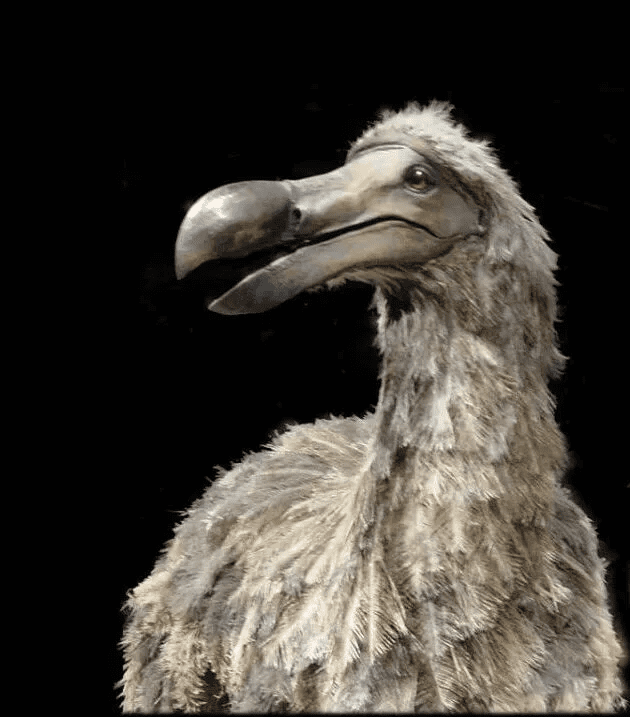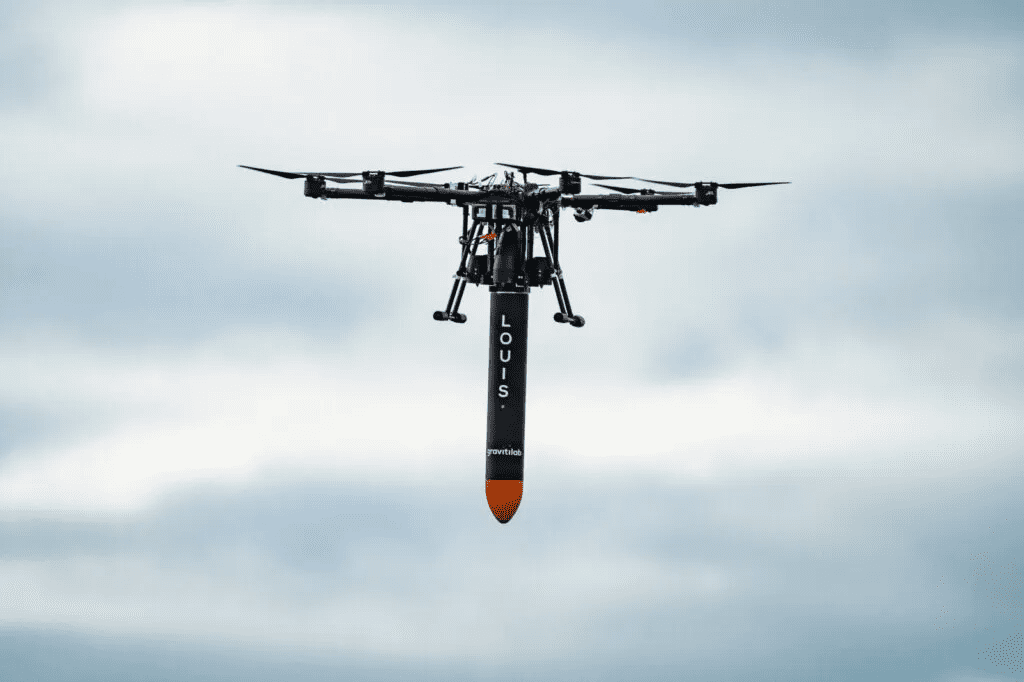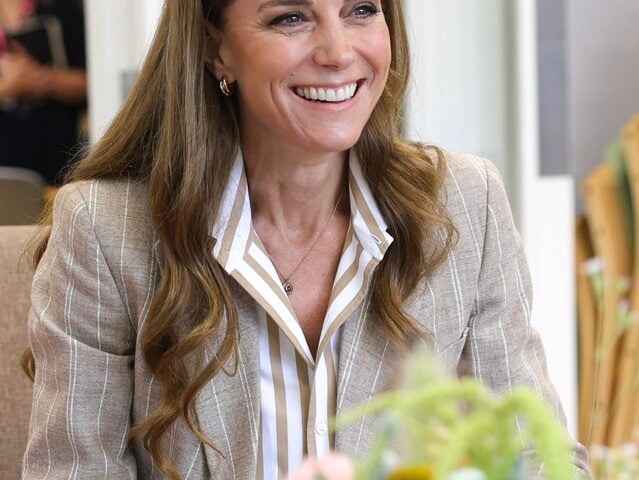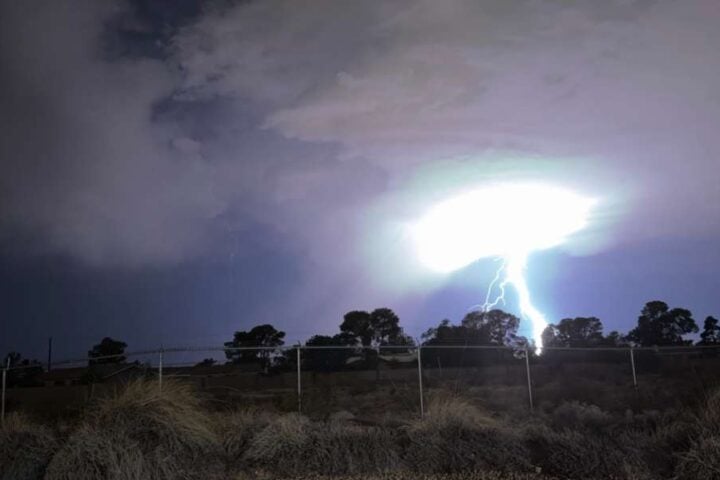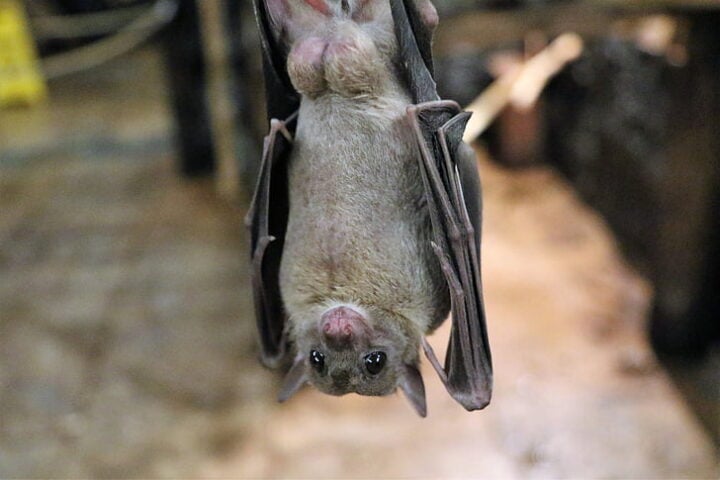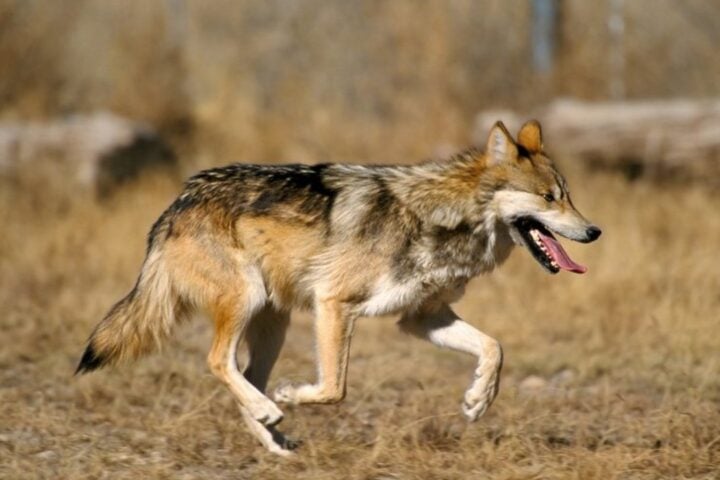Colossal Biosciences, a biotech firm, has announced its aim to bring the extinct dodo back to life through genetic editing. This latest effort to resurrect vanished species comes amid the global biodiversity crisis. Other initiatives include resuscitating the Tasmanian wolf and the woolly mammoth. The Dallas-based start-up, valued at billions, claims to have made significant progress towards reviving the dodo, a 17th century flightless bird, through its successful decoding of the bird’s complete genome, according to a statement. The company has already secured $225 million for the project.
The dodo bird is the latest species to be targeted for revival by scientists in the quest to bring back long-lost animals. The startup, Colossal Biosciences, has previously expressed its intention to recreate the Tasmanian wolf and the woolly mammoth.
However, significant work remains before the dodo can be resurrected. Scientists cannot recreate life from scratch, so they will have to find a way to insert the unique dodo genes into the embryo of a living animal.
This presents a considerable challenge. To determine what sets the dodo apart from other birds, the genetic information of the dodo will have to be compared with closely-related species such as the Nicobar pigeon and the Rodrigues solitaire, a now-extinct giant flightless pigeon, according to lead geneticist Beth Shapiro in an interview with CNN.
According to Shapiro, the ultimate goal is to bring the birds back to their former habitat in Mauritius, where they were eradicated by humans. Despite the daunting challenge, the biotech company has managed to secure an additional $150 million for the project, bringing their total funding to $225 million since 2021. This latest investment has placed a valuation of $1.5 billion on the start-up, as reported by Bloomberg. Ewan Birney, deputy director of the European Molecular Biology Laboratory who is not involved in the project, has stated that the plan is “very, very challenging”.
Birney raised ethical concerns about the creation of species with the intention of releasing them into the wild. He stated that while some may believe that because something can be done, it should be, he is not convinced that it serves a purpose and wonders if this is the best use of resources. Instead, he believes that efforts should be focused on saving species that are already on the brink of extinction.
Colossal Biosciences, however, asserts that bringing back extinct animals is not its sole purpose. The company sees these ambitious projects as a catalyst for conservation research, with the hope that useful tools for animal survival can be developed along the way to address the ongoing biodiversity crisis.
Shapiro added that it is their responsibility to bring attention to the extinction crisis and engage the public through exciting initiatives. She looks forward to advancing genetic rescue tools with a focus on birds and avian conservation.
